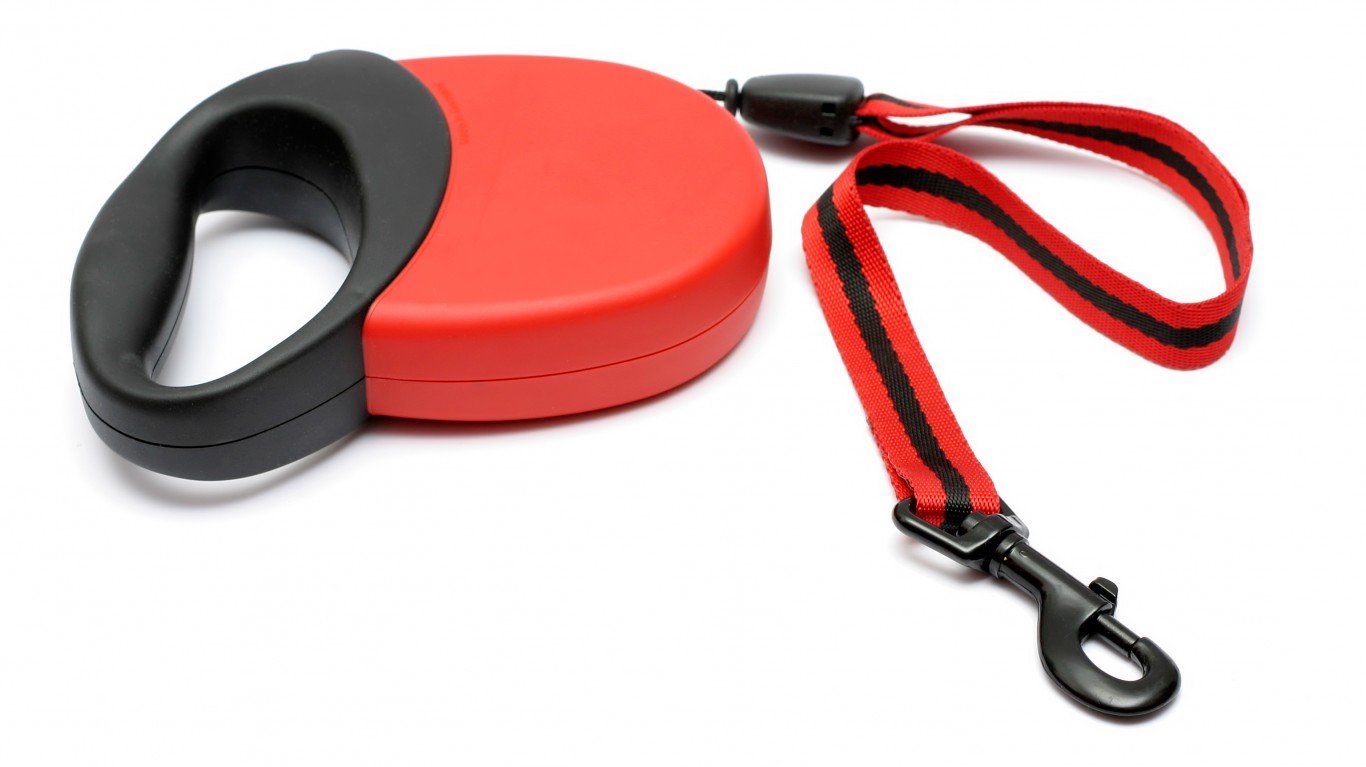

In January of 2015, Heather Oberdorf, a Pennsylvania resident, was walking her dog when the dog’s leash broke and the retractor-mounted leash snapped back, striking her glasses and, ultimately, leading to permanent blindness in one eye. She had purchased the leash from a third-party reseller at Amazon.com Inc. (NASDAQ: AMZN) and she sued the e-commerce giant for damages on product liability and negligence grounds.
The Federal Circuit Court of Appeals last week reversed the District Court’s decision dismissing Oberdorf’s lawsuit, which ruled that under Pennsylvania law the reseller, not Amazon, was the seller because it listed the product on Amazon’s Marketplace and the reseller, The Furry Gang, shipped the product directly to the customer. The District Court also ruled that Amazon was exempt from liability based on the Communications Decency Act “because she seeks to hold Amazon liable for its role as the online publisher of third-party content.”
The Appeals Court applied a four-part test to Oberdorf’s first claim and found that the company was liable on all four parts. First, The Furry Gang apparently has stopped doing business and is not locatable. Under Pennsylvania law, Amazon “now stands as the only member of the marketing chain available to the injured plaintiff for redress.” Second, Amazon is “fully capable, in its sole discretion of removing unsafe products from its website.” Third, Amazon is better placed, because of its agreements with resellers, “to prevent the circulation of defective products.” Finally, Amazon failed to keep track of The Furry Gang because it had no incentive to do so, and had an incentive been present, Amazon could have spread around the cost of compensation.
The Appeals Court took a narrower view of Orendorf’s claims that Amazon failed “to provide adequate warnings regarding the use of the dog collar.” The court cited Section 230 of the Communications Decency Act of 1996 (CDA): “No provider or user of an interactive computer service shall be treated as the publisher or speaker of any information provided by another information content provider.” This is the same defense that social media giants like Facebook and Twitter hide behind when it comes to policing content on their websites.
In this case, Amazon contends, the plaintiff wants to hold Amazon liable for posting The Furry Gang’s listing and for failing to revise the content to provide a warning for the safe use of the dog collar. Amazon claims that the suit should be dismissed because, under the CDA, the company is a publisher of content provided by a third party and therefore protected from liability.
Orendorf claims that her lawsuit does not involve Amazon’s role as a publisher but rather “its direct role in the actual sale and distribution of the defective product.” It is her contention that Amazon should have revised the dog collar’s listing that the Appeals Court addresses.
The Appeals Court ruled that “to the extent that Oberdorf’s negligence and strict liability claims rely on Amazon’s role as an actor in the sales process, they are not barred by the CDA.” At the same time, Amazon’s failure to add warnings about the product is “barred by the CDA.”
Because the District Court failed to make this distinction, its ruling in favor of Amazon was vacated and the case remanded to the District Court.
The Circuit Court’s ruling, if it is not reversed later, could lead to a sea change in product liability among other giant online sellers like Wayfair and Walmart. At the very least, online marketplaces would be required to find a way to spread potential liability around or refuse to sell the product. If that happens, the market for the most counterfeited goods available for sale in the United States could shrink substantially.
Sponsored: Find a Qualified Financial Advisor
Finding a qualified financial advisor doesn’t have to be hard. SmartAsset’s free tool matches you with up to 3 fiduciary financial advisors in your area in 5 minutes. Each advisor has been vetted by SmartAsset and is held to a fiduciary standard to act in your best interests. If you’re ready to be matched with local advisors that can help you achieve your financial goals, get started now.
Thank you for reading! Have some feedback for us?
Contact the 24/7 Wall St. editorial team.



